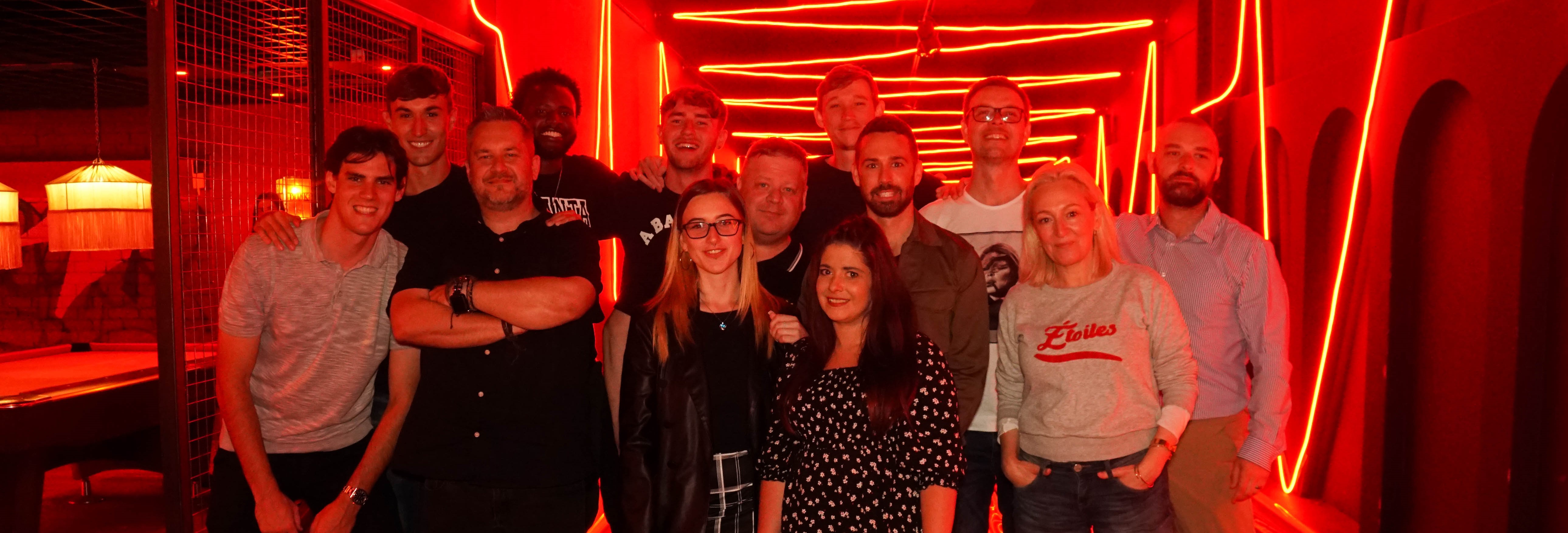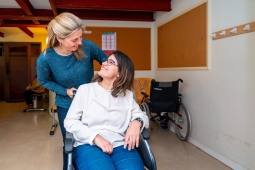Why Soft Skills Are Crucial in Complex Care Roles
When people think of complex care, the focus is usually on clinical skills and qualifications. And yes, those things matter. But ask any experienced hiring manager or family member, and they’ll tell you the same thing. Soft skills are what really make the difference. At Priority Recruitment, we work with services across the UK to find the right people for some of the most challenging and meaningful roles in care. And every time, it’s the soft skills that help someone thrive and stay in it for the long run.
What do we mean by “complex care”?
Complex care supports people with long-term or life-limiting conditions. This includes things like acquired brain injuries, neurological disorders or severe physical disabilities. It’s care that goes beyond the basics. It’s high-stakes and deeply personal. Often, it’s delivered in someone’s home or within a specialist service.
This isn’t just a job. It’s a lifeline.
The top soft skills we look for in complex care professionals
1. Empathy
Being able to understand what someone else is going through is essential. Many people receiving complex care may be non-verbal, in pain or feeling anxious. Empathy builds trust and helps carers respond in a way that feels human, not clinical.
2. Patience
Progress can be slow. Days can feel repetitive. Tasks might take longer than expected. People who do well in complex care are calm, measured and happy to meet others where they’re at.
3. Emotional resilience
Complex care can be emotionally intense. Carers may support families under pressure or work with individuals facing difficult health journeys. We look for people who can be supportive without burning out themselves.
4. Communication
It’s not just about talking. It’s about listening, picking up on non-verbal cues and knowing how to communicate clearly with families, professionals and the person receiving care.
5. Adaptability
No two shifts are the same. A person’s health can change quickly. Equipment might stop working. The best carers are flexible thinkers who can stay calm and solve problems under pressure.
Why employers need to hire for more than just experience
Technical skills can be taught. Soft skills are harder to train. That’s why we always prioritise them when recruiting for complex care roles, especially for home care packages or specialist settings.
By getting to know your service and understanding your team culture, we can place candidates who are the right fit, not just the available one.
For candidates: if this sounds like you, we want to hear from you
You don’t need decades of experience to make a real difference in complex care. If you’ve got the empathy, commitment and mindset to care deeply for others, we can help you build a career you’re genuinely proud of.
Soft skills aren’t a nice extra in complex care. They’re essential. Whether you’re hiring or looking for your next role, qualities like empathy, resilience and adaptability are what lead to better care and better outcomes.





















